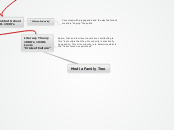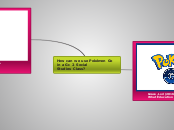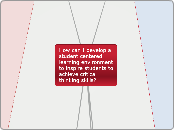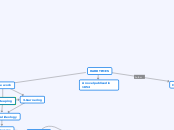by chris berg 10 years ago
230
Media Thought Tree
The Frankfurt School in the 1920s and 1930s critically analyzed the culture industry, emphasizing concerns about propaganda and the mass media's influence on public perception. In the 1960s, Cultural Studies in the UK explored the media'









